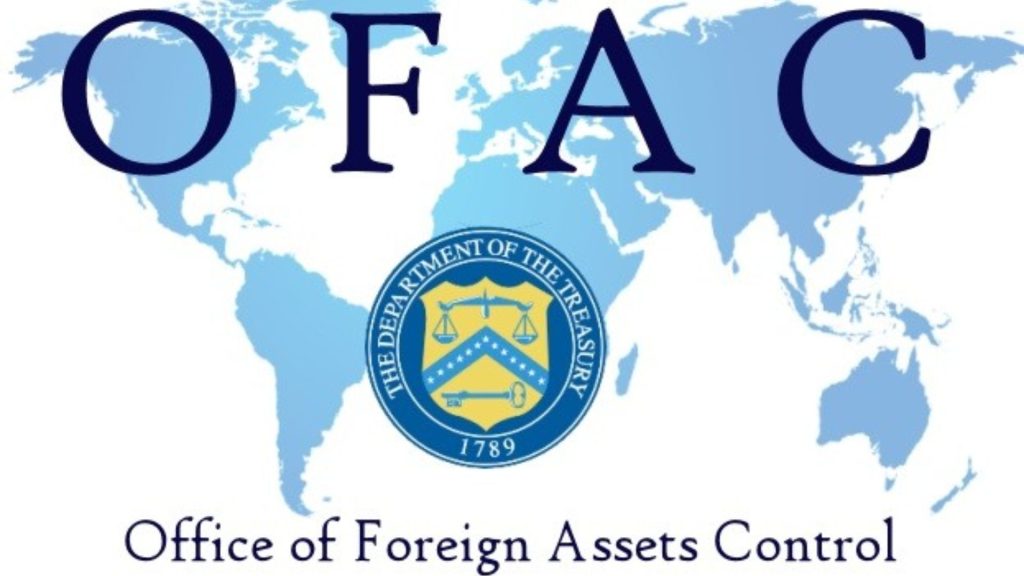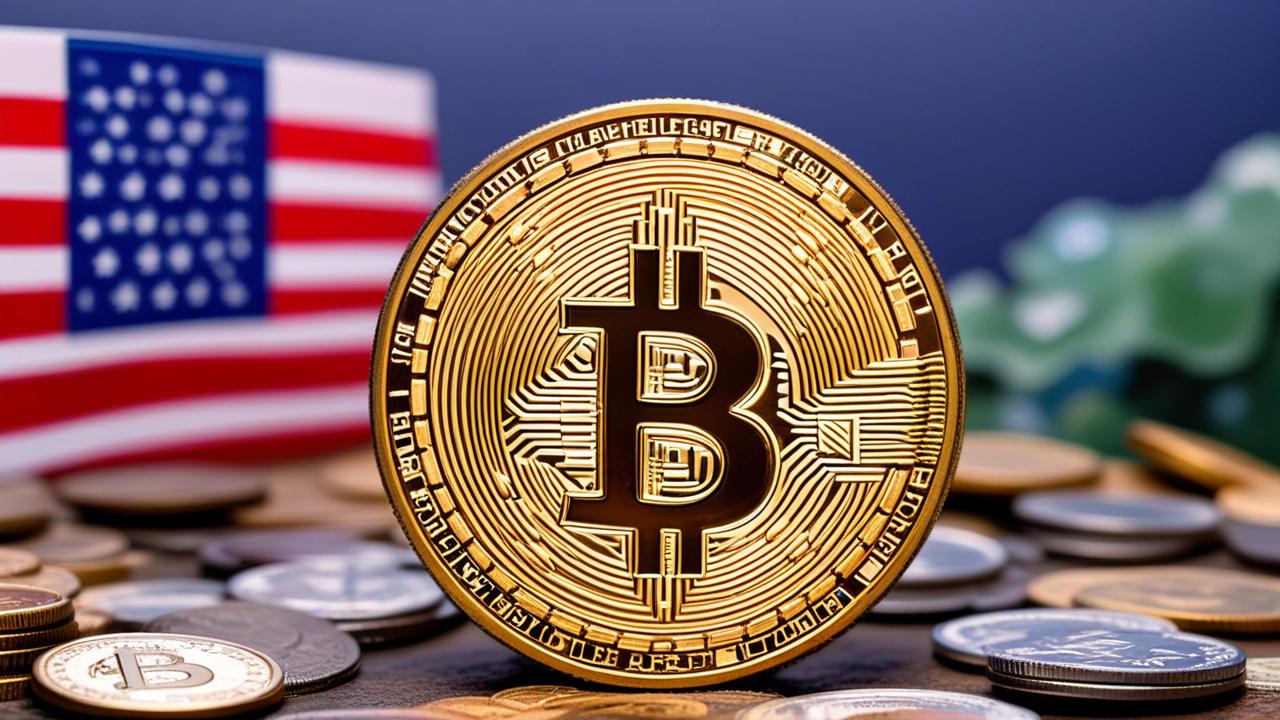Escalating Tariffs and Their Impact on U.S. Bitcoin Miners
The escalating trade war between the U.S. and China, marked by President Trump’s tariff hikes, could unintentionally create an advantageous scenario for the Bitcoin mining ecosystem. While the higher tariffs will undoubtedly increase the cost of importing ASICs (the specialized machines used for Bitcoin mining) for U.S.-based companies, this shift may actually support the decentralization and security of the Bitcoin network.
China recently announced a significant increase in its tariffs on U.S. goods from 34% to 84%, a retaliatory move following Trump’s plans to raise U.S. tariffs on Chinese goods to 104%. This change is set to raise the cost for American Bitcoin mining companies that rely heavily on Chinese-manufactured ASICs.
Risks of Centralization in Bitcoin Mining
However, this situation has a silver lining for the broader Bitcoin ecosystem. According to Troy Cross, an expert on Bitcoin mining, the concentration of too much Bitcoin mining power within a single country poses a threat to Bitcoin’s core value of censorship resistance. If the majority of the network’s mining power (or hashrate) were concentrated in the U.S., it would give the U.S. government undue influence over the Bitcoin network, potentially forcing companies to comply with regulations like those imposed by the U.S. Treasury’s Office of Foreign Assets Control (OFAC).

As seen with Marathon Digital Holdings, the largest publicly-traded Bitcoin mining company in the U.S., there are concerns about the U.S. government’s ability to mandate compliance with such regulations. Marathon has already demonstrated its willingness to adhere to these rules, which raises alarms about the potential centralization of control over the Bitcoin network.
By making it more expensive for U.S.-based miners to obtain ASICs, China’s tariff increase could drive more competition for mining equipment, potentially allowing miners from other regions to enter the market more competitively. This would promote a more distributed global hashrate, which is crucial for maintaining the censorship-resistant nature of the Bitcoin network.
Maintaining a Decentralized Network for Censorship Resistance
Cross argues that Bitcoin benefits from having a distributed mining network, where no single country controls more than 50% of the network’s hashrate. He suggests that the U.S. may already exceed this threshold, but the recent tariff hike could reverse this trend, encouraging greater global participation in Bitcoin mining.
While the U.S.-China tariff war brings significant economic uncertainty, it may have an unintended positive effect on the decentralization and resilience of the Bitcoin network. Therefore, amid the turmoil, Bitcoin enthusiasts can find some comfort in the fact that the conflict might benefit the long-term health of the cryptocurrency ecosystem.
